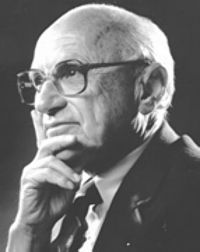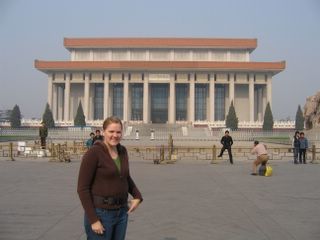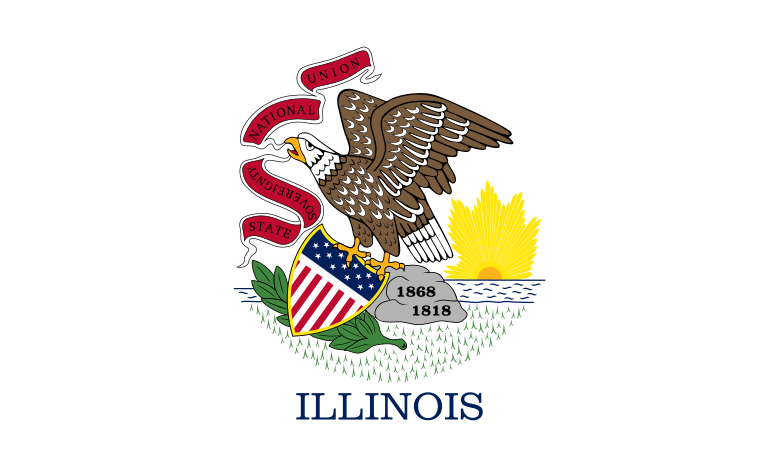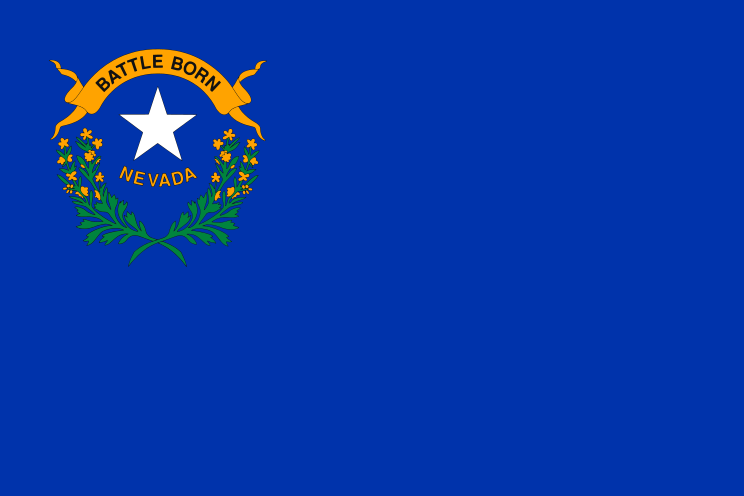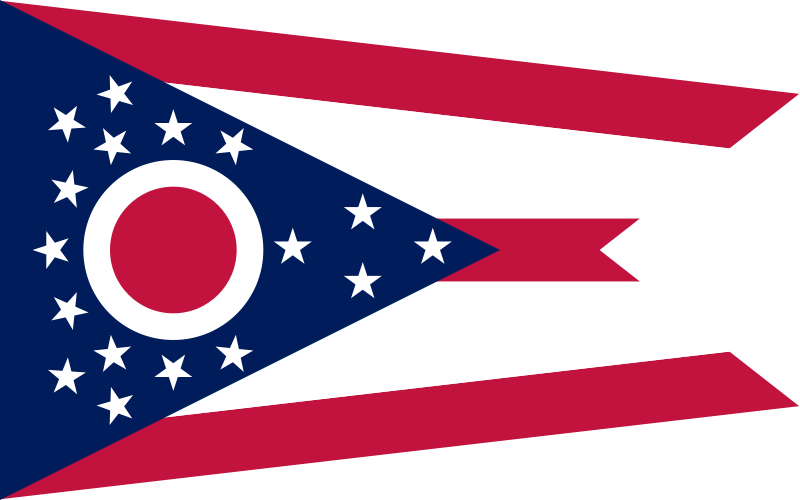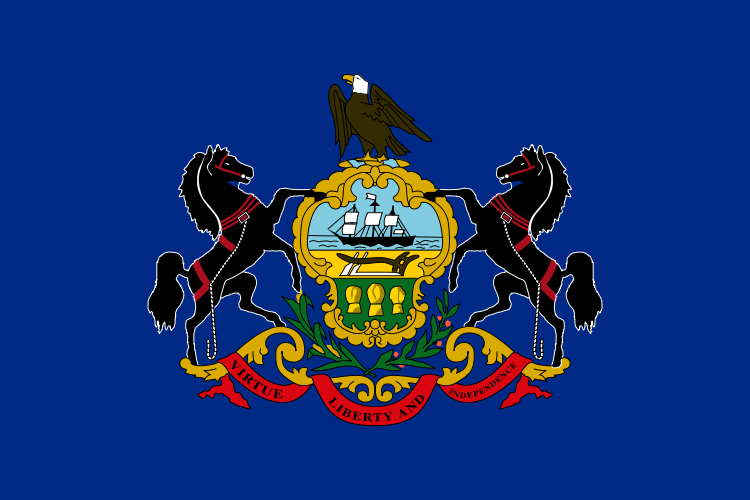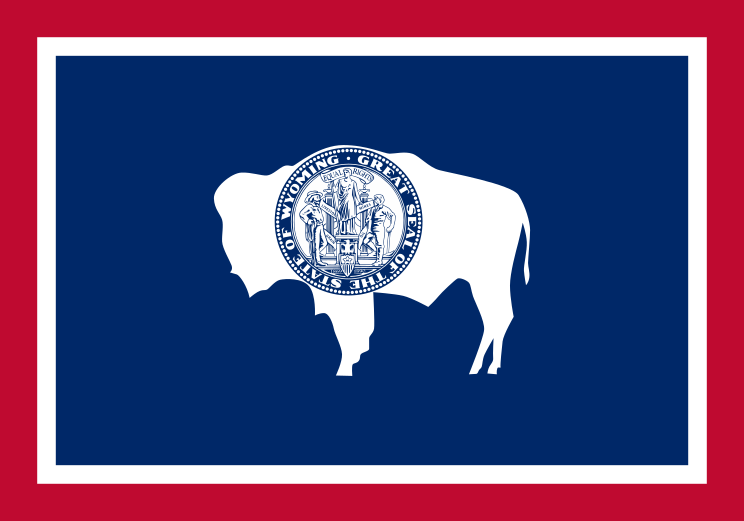
clockwise from top left: one of the palace buildings as seen from the lake; a marble replica of the boats that used to ply the lake for the emperors; Jill and the sunset from the tops of the mountains; and the chairlift up to the top of Fragrant Hills Park.
from the palace complex, however, we ventured further out of town to what became a highlight of the whole trip: Fragrant Hills Park. just why they're called the fragrant hills i'm not sure, something to do with what happens to the armpits of the many thrifty souls who try to climb all the way to the top i guess. as for us, we took the chairlift that is apparently the pride of homegrown Chinese engineering: there's a big sign at the top that proclaims it to be the first all-Chinese built, made and installed ever. it is pretty impressive; we were not expecting it to cover so much distance or take as long as it did--about 20 minutes--to get to the top. the view from there was worth all that time and the five bucks or so we bourgeois pigs spent on the ride. Beijing is a huge, and a sprawling city, extending as far as the eye can see in about a 150-degree arc. of course, with the filthy smog the eye can't see too far, but there again is the beauty of Fragrant Hills park: you know you're above that thick layer of grime that otherwise would be the constant fodder for your poor, blackening lungs. mine still haven't forgiven me for taking them on this vacation.

Jill looks so happy not only because she's with thejayfather, but because she's taking a brief break from breathing all that crap in the Beijing air below Fragrant Hills Park. smog this bad makes the idea of sucking on a Peterbuilt exhaust seem appealing.
truly, even Japan's surprisingly dirty air was nice to come back to after inhaling Beijing's for so long; i really can't say enough bad things about it. they may be able to slap a few coats of paint on some key structures by the time the Olympics roll into town, but i'll dance naked through the insanely chaotic streets of that city if they're able to clean up the air in time for the games. one of the reasons it can be so bad is that China's capital is quite rapidly being taken over by the Gobi desert, whose incursions from the North even the great Great Wall hasn't been able to check so far. each summer, apparently, the city suffers from near-drought conditions and violent sandstorms sweeping through town. we didn't experience anything as dramatic as described in the guidebooks, but we were often able to taste the grit in between our teeth. we saw numerous people walking around with their whole heads covered by thin linen or silk scarves to keep the debris out.
what that means is that Beijing is reliant on other parts of China for its water and food needs. it wasn't always this way, and the new forced humility for the proud capital may be explained by the hard line the conquering Communists take against religion. one of the great symbols of Beijing today is the Hall of Prayer for Good Harvests, located in the quiet Temple of Heaven Park, to the South of town. once again, the ruling party was foresightful enough to appreciate the tourist revenues this place might generate in spite of its religious purpose, but perhaps if they allowed those prayers that were intended to be offered there, the city would struggle less for food and water needs. who knows?

Jill and i stand in front of the Hall of Prayer for Good Harvests, at the Temple of Heaven, one of the few sights already looking ready for the Olympics; and me contemplating the Hall's greatness, and perhaps offering a prayer of my own...

in any case, the Temple of Heaven complex is one of the most enjoyable in Beijing, if only because of the small entry fee they charge, which seems to have the effect of keeping out most of the hawkers and hustlers--a seriously welcome break. there are so many scams going on in Beijing, all of which we were fortunate enough to avoid. one that almost got us on our first or second day was the well-meaning, struggling college student who is having a display of his artwork and will get credit if you come along and look. apparently, once you go into wherever they are set up, you are virtually held hostage until you can come up with a way to fork over big bucks--like thousands of them--for seriously bad "art". but hey, you get to use their phone to call your bank or credit card company or whatever. the weird thing was that the scam artists would be everywhere, inside legitimate tourist sights and everything.
as were the street sellers, though they are a whole other issue, and just one of the reasons i kept having bad flashbacks to Tijuana the whole time i was in China. more about them later; for now i leave you with a few more views of the beautiful sights described (so beautifully) above:

a bamboo forest at the Summer Palace; the nighttime view of Beijing from the top of Fragrant Hills Park; and a larger than life decorative knot hanging at the Temple of Heaven. you can't really tell, but this thing is about two or three times my height. some kind of boyscouts they have here.
